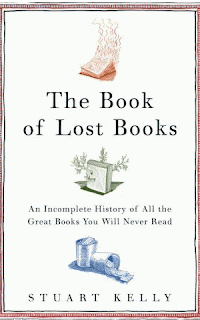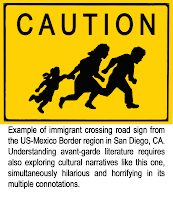
You would have thought our evolution a certainty by now. That literary labels and classifications and genres and categories would have faded like cartographic borders between nations. Oh, wait. The ink boundaries on my atlas linger and the US-Mexico border is arising like a 3-D wall festooned with razor wire. Ergo: Here I am:
Stuck in the middle with you.
Of all the literary terms thrown lumpenly about like WWF wrestlers, avant-garde is to me the best descriptor of writing that
investigates new possibilities of narrative, whether prose, poetry, or something wondrously, nebulously in-between.
The expression, translated as "fore-guard" or "before the guard," originated in the late 1400 French military. Avant-garde soldiers explored unknown territories ahead of the main army (
garde), mapping topography, identifying enemy outposts, and providing attack strategies. Today Americans call the task recon (reconnaissance).
The literary
garde is the old guard: writers, editors, publishers, and readers unwilling and sometimes unable to trek into new literary landscapes. (Yes, reading requires practice, too, and some readers are simply more talented than others, as a conversation with the odd lit professor or editor reveals.)
Though I find authentic military hawks akin to barbaric chimps with psychopathic and carnivorous impulses, the battlefield implication of avant-garde is pleasingly appropriate in contemporary literature. The publishing industry as manifested in the early 20th Century continues to be a capitalist venture, and avant-garde books continue to be considered unprofitable "products." Less than a thimbleful of goliath publishers have figured out the long-term profitability of keeping a backlist of avant-garde books that will likely become classics, representing innovations of their respective eras, and thus will be required reading for a majority of the annual 18 million college
$tudent
$. The rest of the publishers are idiots.
So it is a battle, many battles for avant-garde writers: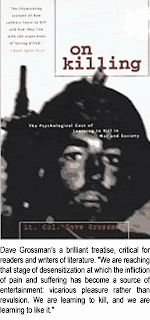
a battle to be published
a battle to be reviewed
a battle to be read
a battle to be read intelligently
As an avant-garde writer, I have the battle scars -- and pseudo-post traumatic stress disorder -- to prove just how fucking painful and exhausting it is to publish and promote writing that takes risks. But the times, sweetmeat, they are a-changin'. Sez me. And so are readers: for good and bad.
Gertrude’s Basket shall report on these times and those to come. I'll apprise of and appraise avant-garde literature for non-academic readers interested in learning why new narrative forms, including those using the latest technologies, are relevant to our lives.
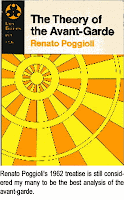
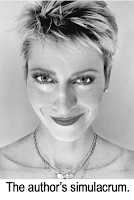
My focus is (1) why avant-garde literature exists now, (2) how -- and if -- it reflects significant aspects of the broader American or global culture, (3) my subjective interpretation of avant-garde works and the societal muck from which they arise, and (4) whether they succeed at whatever investigative attempts they make. I promise that esoteric language and theory shall be avoided as much as possible, though now and then I’ll try to tell you where to find esoteric language and theory.
Think of me as an unarmed photojournalist trudging behind the vanguard, viewing and reviewing the authentic war front through both the naked eye and the camera's lens.
Watch out for IEDs.
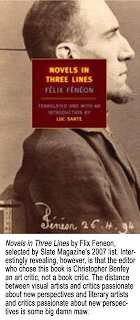 Speaking of idiots. Each December a hoard of print and net publications put out their BEST BOOKS OF THE YEAR list. Virtually, all of them sound like that novel you're working on.
Speaking of idiots. Each December a hoard of print and net publications put out their BEST BOOKS OF THE YEAR list. Virtually, all of them sound like that novel you're working on.
